Resistances and Procrastination
I like to believe that creating music goes beyond simple clicking and assembling. The whole process of making music has always had, to me, a very deep feeling of inner exploration. It’s the same when it 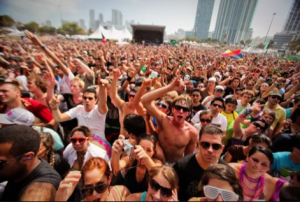 comes to listening. Apparently, music has this effect on about 60% of the population, so not everyone gets the same chills from listening to music. But if you do get a sensation like this, then you’ll try hard to get more of it.
comes to listening. Apparently, music has this effect on about 60% of the population, so not everyone gets the same chills from listening to music. But if you do get a sensation like this, then you’ll try hard to get more of it.
Now, when it comes to making music, that honeymoon phase after you first discover how to make your own sounds can be an exciting moment. But for so many, soon after, a sense of frustration begins to set in. It can come from:
- Not being able to get things to sound quite the way you imagined them.
- Things seeming to take an awful lot of time to get done.
- You feeling embarrassed by the sound of something you made.
The next thing you know, you’ll start procrastinating. You’ll feel like there’s some sort of inner balance to achieve each time you’re about to make music. As David Lynch points out in the clip below, a lot of artists think that suffering is a necessary part of creativity, when in fact any kind of suffering just cramps up the creative flow. In my view, this is not a healthy approach to getting new ideas.
So how do you avoid suffering?
That’s obviously a very difficult philosophical question to answer, though it’s clear that relying on substances is not the way to go. They might do some good in the short term, but you don’t want to develop that as a habit. To me, the essential question to ask is existential: why are you making music in the first place?
If the first answer that comes to your head is anything more than simply enjoying yourself, then you’re setting yourself up to feel resistances. When I say “resistances,” I mean those frustrations or blockages you might experience once you sit down and try to make music. You might feel like you’re wasting your time, or be tempted to just stop and play video games instead. You might conjure any range of excuses to plunge into procrastination.
The solution to this is to build up your appetite for music-making.
Here are some tips for doing this:
- If you’re feeling uneasy or anxious, listen to your body and move away. Do whatever you need to do to regain your calm and motivation.
- Discover your creative triggers. These can be as simple as listening to music you love, enjoying a rich cup of coffee, or going for a walk. The most important thing is to keep track of when you feel creative, and what triggered it. The more you know about your creative triggers, the more you can fuel your creativity when you’re lacking in energy or ideas.
-
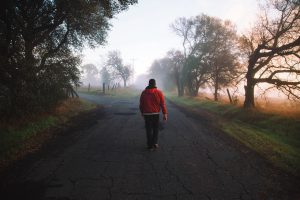 Go to your creative place. As Lynch said, if you can go to a place that inspires you, such as to nature or on a trip, then go there if you can.
Go to your creative place. As Lynch said, if you can go to a place that inspires you, such as to nature or on a trip, then go there if you can. - Apply a creative fast. That’s right. If you want to be hungry, you need to empty out first. This means withdrawing from making music, or if possible, from listening to any music in the genre you produce. Observe your musical fast strictly, until you feel that tingling sensation return that tells you you need to make music again.
- Discover your creative downers. This is the opposite of the above point about your creative triggers. Have you noticed when you feel creatively down or uninspired to make music? In my case, as weird as this may seem, I have a physical downer around 4PM every day, when I know I need to stop and drink tea. What’s yours?
I hope this helps!
SEE ALSO : The Rule Of 10: Production in Rotation for Big Results

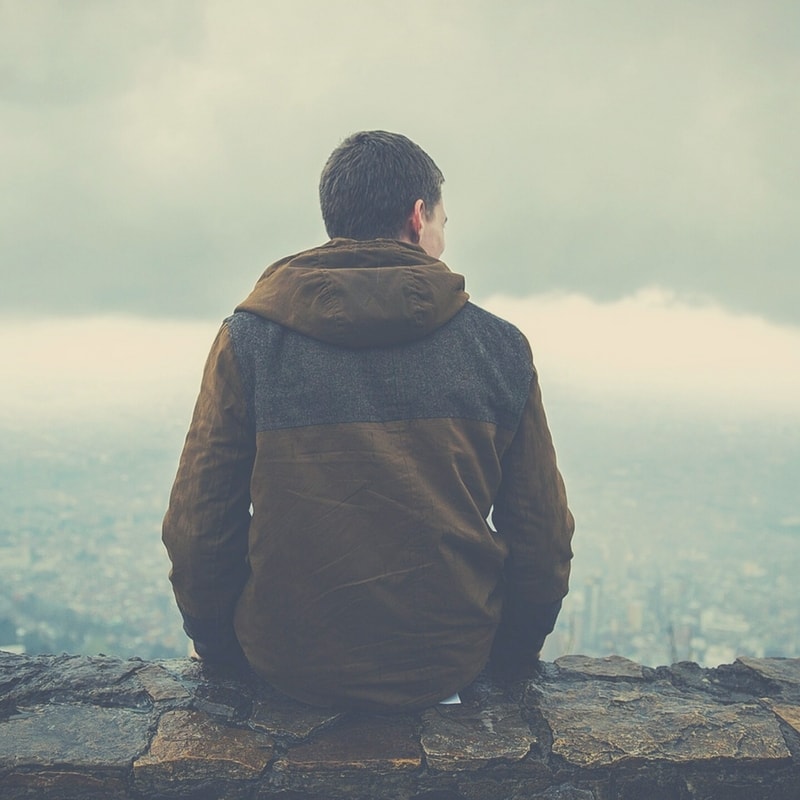

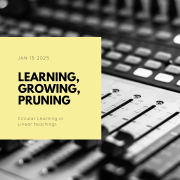

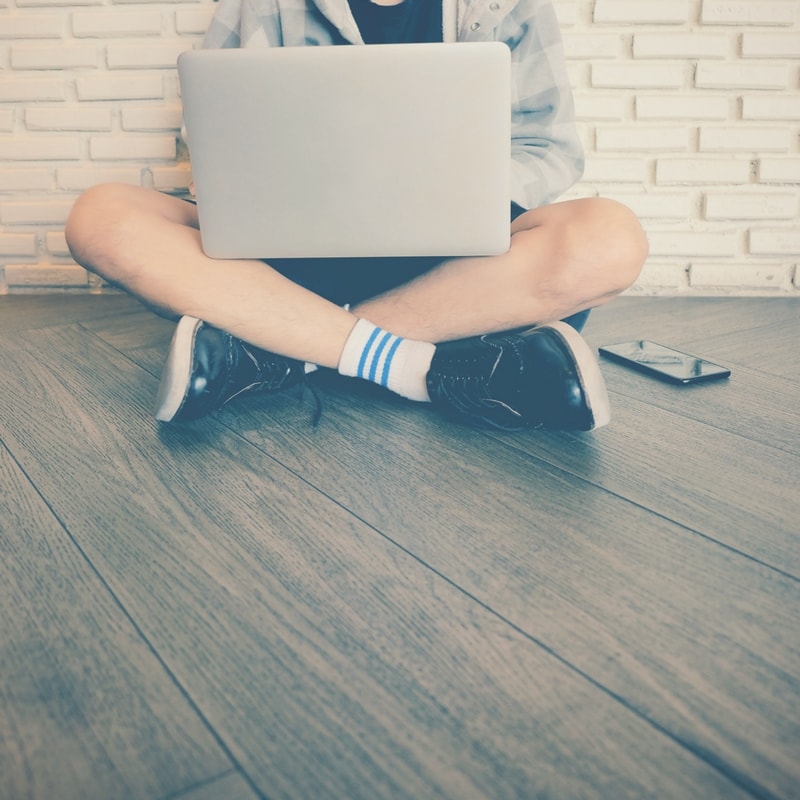
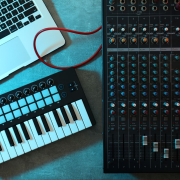

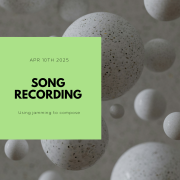

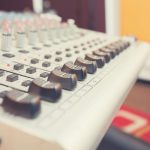

Leave a Reply
Want to join the discussion?Feel free to contribute!